What should we do with old electronics?
Cleaning out a drawer or closet can be extremely therapeutic. Old clothes and items go into a donation pile; other things might be great to give away. But then… you pull open that drawer full of your old electronics: phones, speakers, music players and more. What do you do with these?
As electronics get smaller and more ubiquitous, more devices are hibernating in drawers, closets, attics and garages. Recycling electronics isn’t an everyday activity and doesn’t follow the same process as recycling normal household waste. In 2019, only about 17% of electronic waste was recycled globally.
As part of our sustainability commitments, Google has committed to including recycled materials in all our consumer hardware. The future of electronics recycling depends on developing better technologies that extract materials from discarded products, too. But that’s not the only challenge in creating effective recycling systems: Getting useful but unused products to people who need them and unusable ones into recycling centers are both essential to making electronics more sustainable.
Many cities have numerous drop-off options at retail or municipal locations, and major electronics brands also offer mail-in services for old devices. But it’s not enough to have these services available — it’s critical to truly understand what else people need in order to recycle electronics they’re no longer using.
To learn more, Google talked with individual users about their electronics recycling struggles. The lessons — which are outlined in our white paper Electronics Hibernation: Understanding Barriers to Consumer Participation in Electronics Recycling Services — were both surprising and familiar. People have relationships with their electronics that extend beyond their usefulness — the way we think about our devices is completely different from how we think about an empty juice bottle, for example. Our research identified major barriers to consumer electronics recycling, and we hope that by sharing these initial insights, we will encourage others to join the conversation and inspire new ideas.
The Awareness Barrier
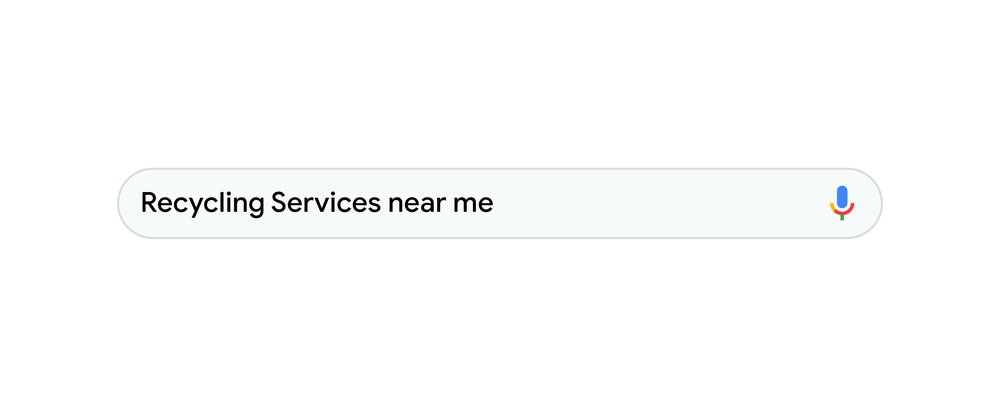
For starters, one issue is that people don’t know about their options — even though some of them exist in plain sight. Think about it this way: Even if you haven’t heard of a specific movie, you know the name of a popular streaming service where you could watch it. Or maybe you don’t know the name of a book everyone is talking about, but you know the bookstore where you could buy it. Electronics recycling services have nowhere near those levels of awareness, even though they are offered by major brands that people are familiar with. A quick internet search will show plenty of results, but it can create more questions than answers as consumers wade through the complexities of what devices are eligible, varying costs and deciding which services seem reputable enough to consider.
The Value Barrier
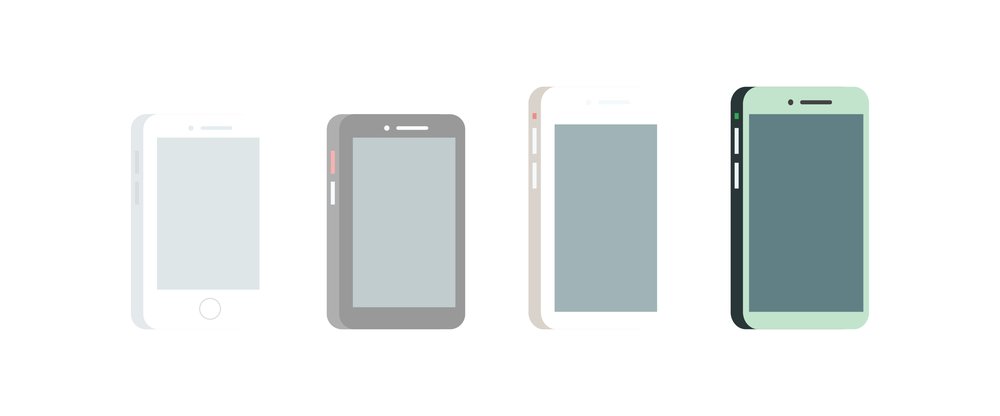
An old laptop that still works seems like it should be worth something. When consumers discover their product is worth much less than they thought, it’s a disappointing moment that discourages trade-in and recycling actions alike. For some, an old smartphone might be useful as a backup if they lose or damage their newer one. Other products still have emotional value even as they sit unused — a laptop may represent cherished college years, or a music player may remind us of a fun activity. These all represent value, and ironically, that can make recycling seem like a waste.
The Data Barrier
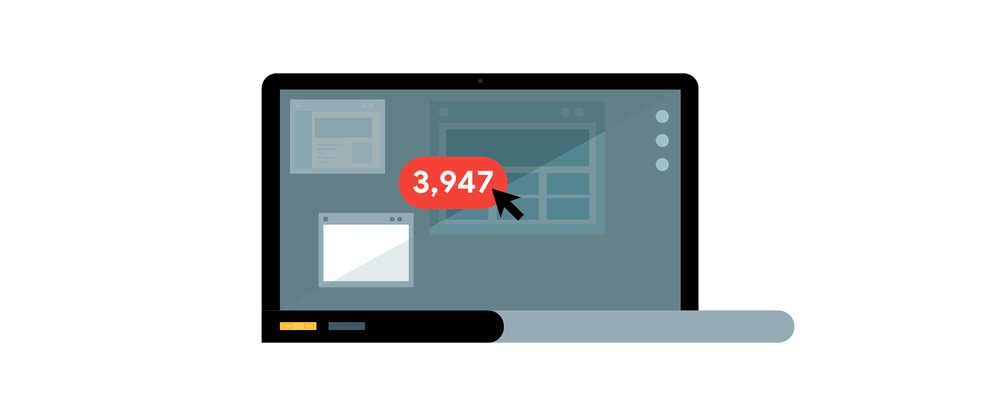
Many people have electronics they don’t want or need, but that still contain their data. While the hardware might not be valuable, the documents, photos and videos often are. Finding a way to transfer data to a new device or storage solution is a daunting task that becomes more challenging with time. The older the product, the harder it is to find the right cables, set up the network and remember how to even use the software. Professional services exist, but they can be expensive, and if the data isn’t urgently needed, it's easy to put the task off until later, making things even more difficult.
The Security Barrier
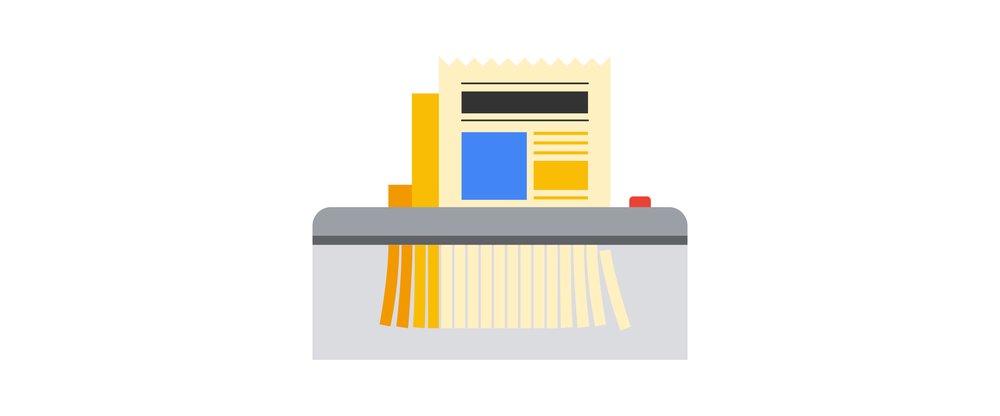
Even if data transfer isn’t needed, many people want to securely erase all information before donating or recycling. It’s a technical task, and the process of doing so can be different across devices and products. Similar to transferring data, figuring out how to erase data and settings can become more challenging as products age. Self-service resources exist, but the time and effort can seem monumental for a low priority task.
The Convenience Barrier
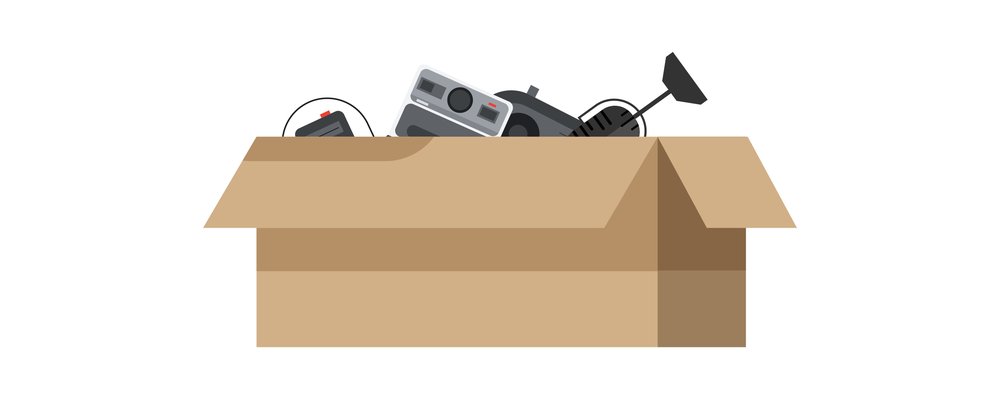
Few people think of filing tax returns as “convenient,” but it’s something that has to be done, and services exist that make it convenient enough. Handing off electronics for recycling might be objectively more convenient than filing tax returns, but for most, it’s a lower priority task, meaning the bar for convenience is higher.
If you’re trying to recycle an old device, you might only experience one or two barriers, but collectively they’re significant, and overcoming them will require new ideas. Until then, online tech support articles from most product brands are helpful in figuring out data transfer and erasure. Looking for R2, e-Stewards, or WEELABEX certification is a good first step in identifying a reputable recycler. And companies like Google, for example, provide resources on how to recycle your old and unused devices.
There’s a lot of work to be done to make it simple and sustainable to say goodbye to old products. By working together with other companies and consumers, we hope to make the sustainable choice to recycle your electronics an easier one.
by David BourneConsumer Hardware via The Keyword
Comments
Post a Comment